The Future of Surveillance
Picture this: you’re on vacation, sipping a drink by the pool, when your phone buzzes. It’s a notification from your home security system—your front door just opened. A quick tap and you’re watching a live HD video of your doorstep, all from thousands of miles away. This isn’t some sci-fi scene—it’s the power of today’s advanced surveillance systems.
Surveillance has become more than just watching; it’s about smart monitoring, immediate response, and ultimate peace of mind. With the rise of IP CCTV cameras, security is no longer tied to a control room—it’s mobile, intelligent, and integrated into our daily lives. In this guide, we’ll explore how surveillance is evolving, why IP cameras are leading the charge, and how you can future-proof your property with the latest in security tech, such as the modern solutions available at Buy Security Cameras.
Remote Access and Convenience
Let’s face it—modern life is fast-paced. Whether you’re managing a busy household or running a business, you can’t be everywhere at once. That’s where remote access steps in. IP CCTV cameras give you eyes on your property anytime, anywhere, right from your phone or laptop.
More than just viewing footage, you can:
- Adjust settings on the fly
- Communicate through two-way audio
- Review motion-triggered clips instantly
This means you can check if your kids made it home, see when a package arrived, or respond quickly if there’s suspicious activity. Convenience? Yes. But it’s also about staying connected to what matters most.
Evolution of CCTV Technology
Remember those fuzzy black-and-white images from old security footage? That’s where CCTV started. The journey from those basic analog systems to today’s smart IP cameras has been nothing short of revolutionary.
Early CCTV systems required physical tapes and manual monitoring. Fast forward to today, and we have cloud-based systems with artificial intelligence doing the heavy lifting. Cameras can now identify faces, detect movement, and send alerts in real time. It’s no longer just about recording—it’s about preventing, protecting, and empowering users with control.
What Exactly is an IP CCTV Camera?
An IP CCTV camera, short for Internet Protocol camera, is like a mini-computer with a lens. It captures high-quality video and transmits it over a network—either local or internet-based. Each camera has its own digital identity, or IP address, allowing you to access it remotely from anywhere.
What sets IP cameras apart is their flexibility. They don’t need to be physically connected to a monitor or recorder. Instead, they integrate with cloud storage, apps, and even other smart devices. That means easier setups, smarter integrations, and more freedom to customize your system. If you’re looking to explore a wide variety of these flexible options, the CCTV supplies section offers a robust selection to choose from.
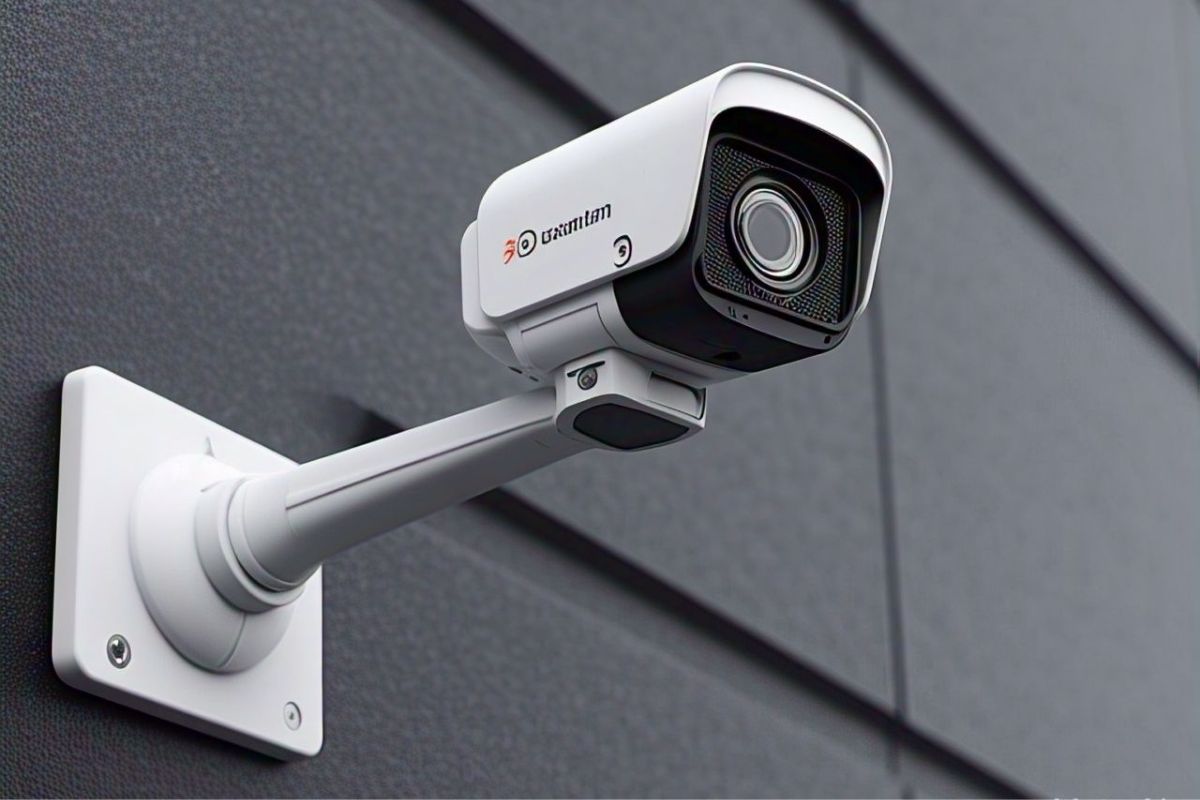
How Does an IP CCTV Camera Work?
Think of an IP camera as a digital watchtower. It captures video, compresses the file for smooth transfer, and sends it through a secure network for storage or real-time viewing. These cameras are equipped with sensors that can detect motion, low light, and even sound.
The footage can be streamed live or saved based on motion events, specific schedules, or user preferences. Some models come with built-in memory, while others rely on NVRs (Network Video Recorders) or cloud platforms for storing recordings. All this happens automatically, so you can focus on living your life while your system handles the rest.
Wi-Fi or Ethernet for Video Transmission
Here’s a common dilemma: wireless or wired?
- Wi-Fi: Offers an easy setup, ideal for renters or those avoiding cable clutter. But it can suffer from signal interference and bandwidth limits.
- Ethernet: Provides a stable, high-speed connection, perfect for high-definition video and large networks.
If you want reliability for a busy business site, go wired. If you need flexibility in a small apartment or home office, wireless could be the way to go. Some systems even offer both options, giving you the best of both worlds.
Storage Options for Video Footage
Your camera is only as good as your storage. If something happens, you need access to clear, reliable footage. That’s why it’s crucial to choose a storage method that matches your needs.
Options include:
- Local Storage: MicroSD cards or NVRs—great for quick access, but vulnerable if the hardware is damaged.
- Cloud Storage: Secure, scalable, and accessible from anywhere. Ideal for long-term backup and off-site safety.
Many users combine both for peace of mind—cloud for critical footage and local storage for day-to-day monitoring.
Remote Access Capabilities
Imagine getting a real-time alert because your camera detected motion in your driveway. You open your app, see someone lingering near your garage, and activate a spotlight or intercom—all from your phone. That’s the power of remote access.
It’s not just for emergencies. Want to check on your pets? Or make sure your team opened the shop on time? Remote access transforms your camera from a passive tool into an interactive, responsive guardian.
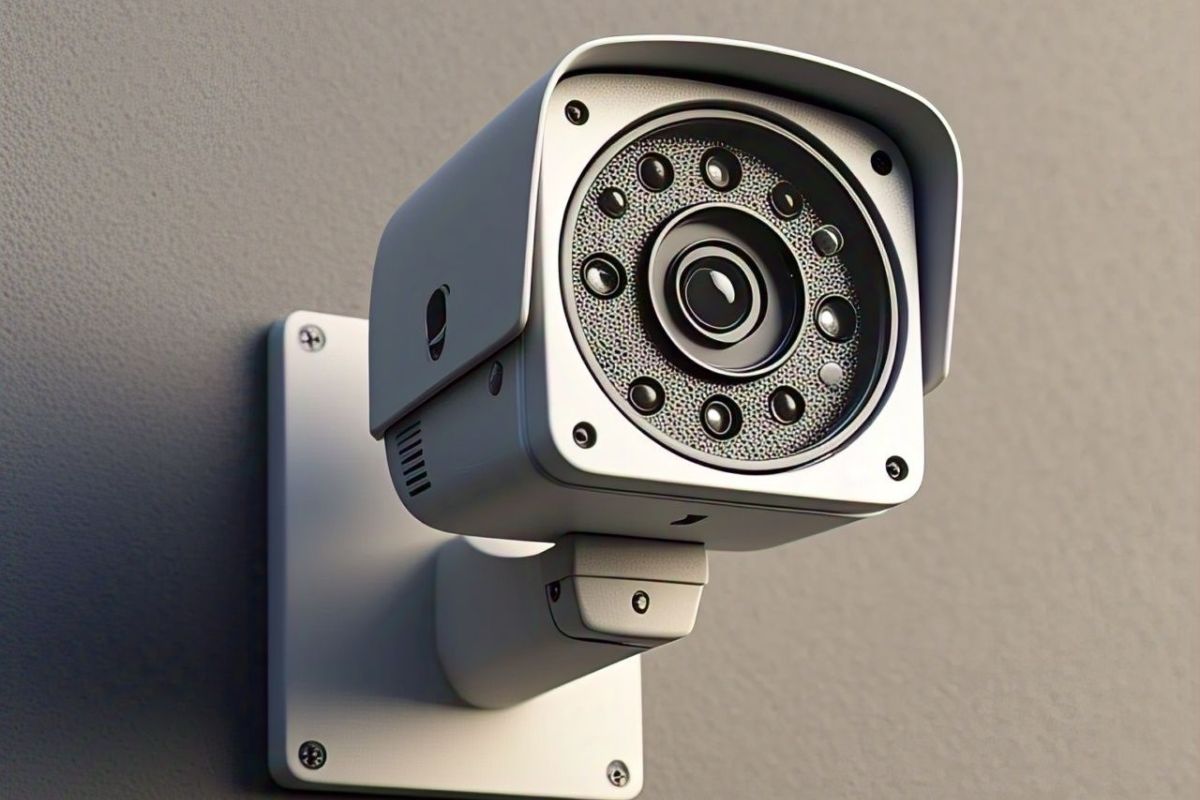
Why Are People Switching to IP CCTV Cameras?
When it comes to keeping our homes and businesses safe, technology has come a long way. One of the biggest game-changers in the world of surveillance is the shift toward IP CCTV cameras. These digital cameras are quickly becoming the go-to option for people looking to upgrade their security systems. With clear video quality, smart features, and remote access, it’s no surprise that more people are opting to buy security cameras.
Crystal-Clear Video Quality
Blurry images don’t cut it anymore. Today’s IP cameras offer crisp, detailed visuals that can make all the difference in identifying a face or license plate. With resolutions ranging from 1080p to 4K, these cameras deliver forensic-level detail that’s crucial in both home and commercial settings.
Remote Access for Convenience
Life doesn’t wait, and neither should you. Being able to access your security system from your phone while you’re commuting, traveling, or even grocery shopping adds a layer of control that older systems simply can’t match.
Smart Features to Enhance Security
Modern IP cameras do more than record. They think. Using AI and machine learning, some models can:
- Distinguish between people and pets
- Send alerts only when necessary
- Learn user behavior and suggest updates
This intelligence minimizes false alarms and makes the system work smarter for you. No more getting pinged because a leaf blew across your yard.
Cloud Storage for Easy Video Management
Cloud storage isn’t just a convenience—it’s a game-changer. It allows you to retrieve footage weeks or months later, search using filters like date or event type, and share clips directly with authorities if needed. You don’t need to worry about someone stealing your recorder or SD card. Your data lives securely in the cloud, ready when you are..
Different Types of IP CCTV Cameras:
Choosing the right IP CCTV camera for your security setup can be a tough decision with so many options available. Whether you’re securing your home or business, understanding the differences between wired and wireless cameras, as well as other types like dome, bullet, and PTZ cameras, is essential. Check out the variety of CCTV cameras to find the one that best suits your needs.
Wired vs. Wireless
Wired cameras are consistent, stable, and great for long-term installations. Wireless systems shine when you need flexibility, faster setup, or live in a rental space. Consider your space, internet speed, and mobility needs before choosing.
Dome Cameras
If you want security without compromising style, dome cameras are a smart pick. Their design blends into ceilings and corners, and they’re often vandal-resistant—perfect for both homes and small businesses.
Bullet Cameras
Need to monitor your driveway, parking lot, or backyard? Bullet cameras offer long-range vision and visible deterrence. Their cylindrical shape makes them easy to install and point precisely where needed.
PTZ (Pan-Tilt-Zoom) Cameras
Want full control from your couch? PTZ cameras let you pan around a space, tilt to different angles, and zoom in for closer inspection—all remotely. These are ideal for monitoring large areas like warehouses or event spaces.
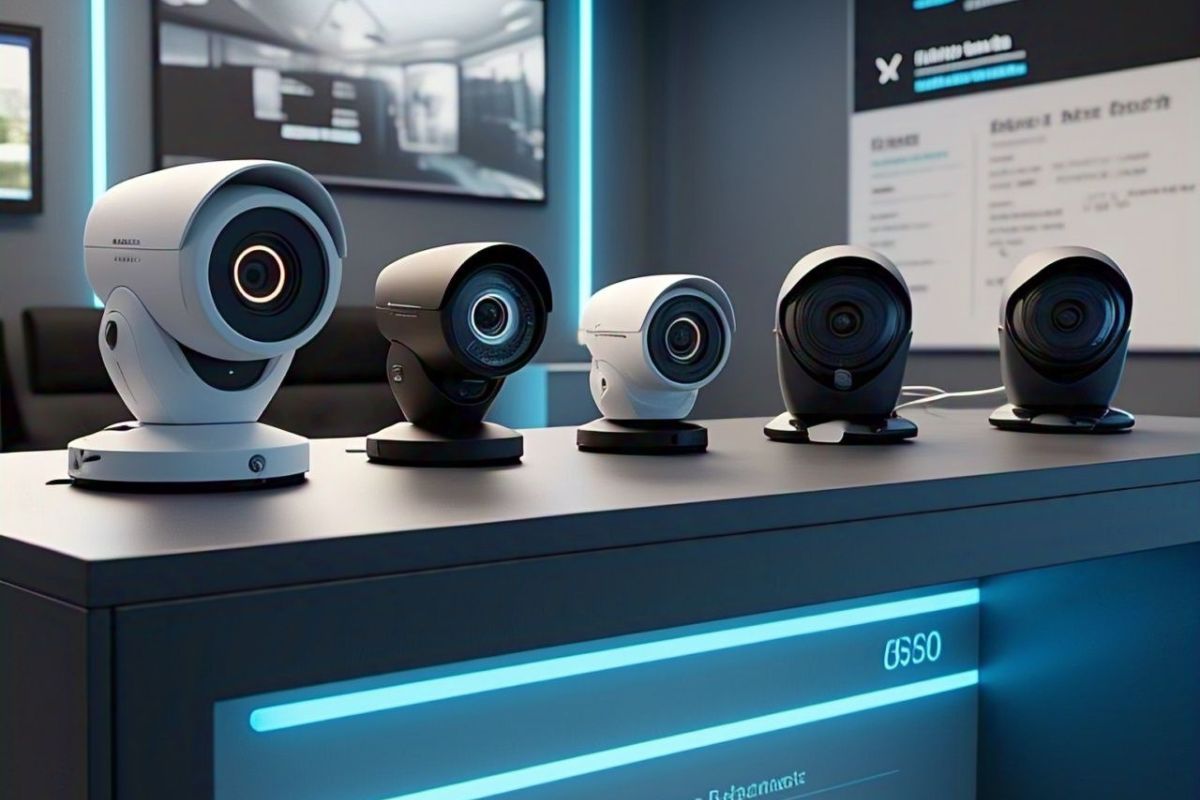
Setting Up Your IP CCTV Camera: A Step-by-Step Guide
Setting up your IP CCTV camera doesn’t have to be complicated. With a little planning and a few simple steps, you can ensure that your security system provides the best protection for your home, office, or business. Let’s walk through the process together so you can have your camera up and running in no time.
Choose the Right Location
Placement is everything. Aim to cover high-traffic areas like entryways, driveways, or hallways. Avoid direct sunlight and heavy shade for clearer footage. Think like an intruder—if you can find a blind spot, so can they.
Connect to Wi-Fi or an Ethernet Cable
Ensure your internet connection is strong and reliable. A weak connection leads to laggy footage or missed events. For best results, use a mesh Wi-Fi system or wired connection for critical zones.
Install the Mobile App or Software to Start Monitoring
Your camera’s companion app is your control hub. From initial setup to customizing alerts and viewing footage, everything runs through the app. Follow the prompts, test the feed, and you’re live in minutes.
Set Up Motion Detection Alerts and Recording Preferences
Fine-tune your motion zones to avoid constant alerts. For instance, exclude trees or roads from triggering events. Adjust sensitivity based on activity levels to create a system that works for you—not against you.
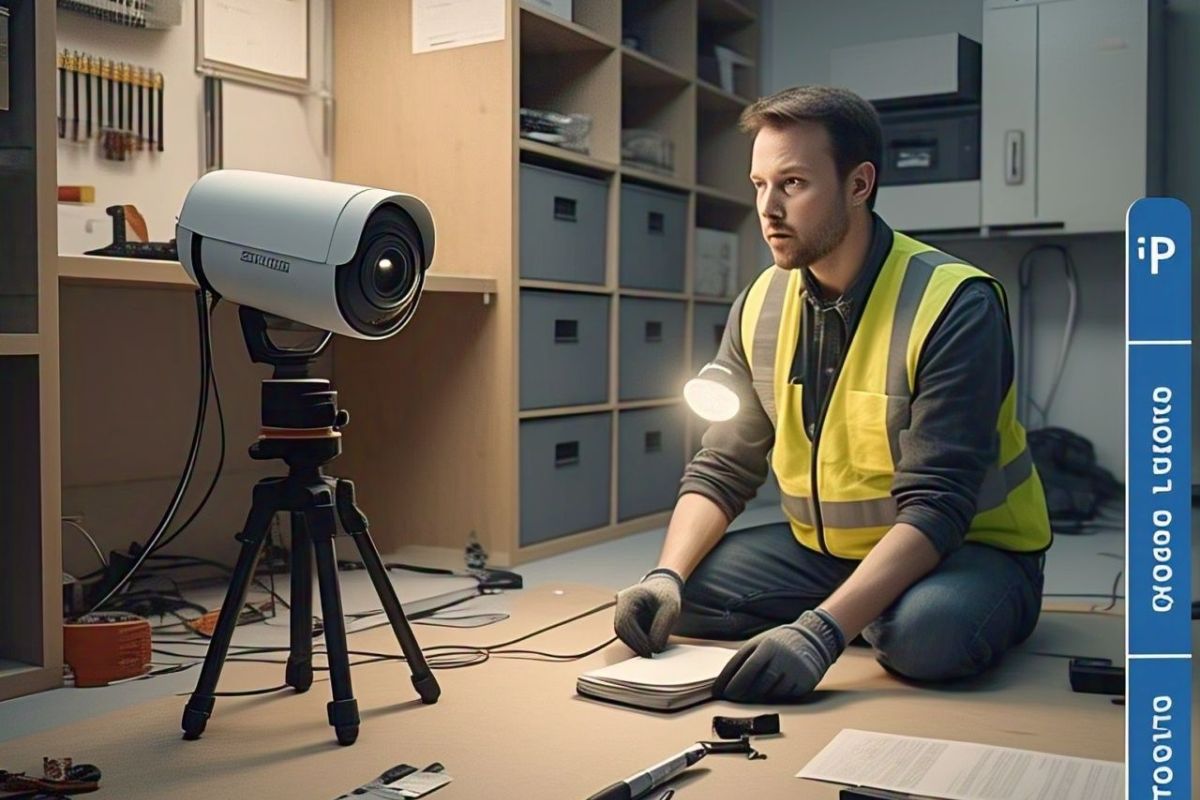
Common Problems & How to Fix Them
Dealing with camera issues can be frustrating, especially when you rely on them to keep your home or business secure. But don’t worry, most of the problems you might encounter are easy to fix. Let’s walk through some common issues and how to get your security system back on track.
Camera Won’t Connect? Try Restarting Your Router
This simple step solves more issues than you’d think. Also, check for firmware updates or signal interference from nearby devices.
Footage Is Lagging? Improve Your Connection
Slow or choppy video is often due to poor bandwidth. Close unused apps, upgrade your router, or switch to Ethernet to improve performance.
Concerned About Security? Update Your Passwords
Your security system is only as strong as your password. Use complex, unique passwords and change them periodically. Enable two-factor authentication where possible for added protection.
The Future of IP CCTV Cameras: What’s Next?
As technology continues to evolve at a rapid pace, so does the world of surveillance. Looking ahead, the future of IP CCTV cameras holds some truly exciting possibilities that will completely change how we approach security. From AI-powered systems that offer real-time alerts to smarter connections with our home automation devices and advanced technologies like facial recognition and license plate detection, the next generation of CCTV cameras is shaping up to be more intelligent and intuitive than ever before.
AI-Powered Surveillance with Real-Time Alerts
Artificial intelligence is changing the game. Future cameras will not only alert you but also interpret behaviors—flagging loitering, detecting weapons, or predicting break-ins before they happen.
Smarter Integration with Home Automation Systems
Expect tighter integration with smart home ecosystems. Your camera could trigger lights, lock doors, or send commands to other smart devices based on what it sees. The future is about synergy, not silos.
Advanced Facial Recognition and License Plate Detection
These advanced features are already appearing in high-end models. Soon, they’ll be standard, enabling security systems to identify familiar faces or alert you to unrecognized vehicles without lifting a finger.
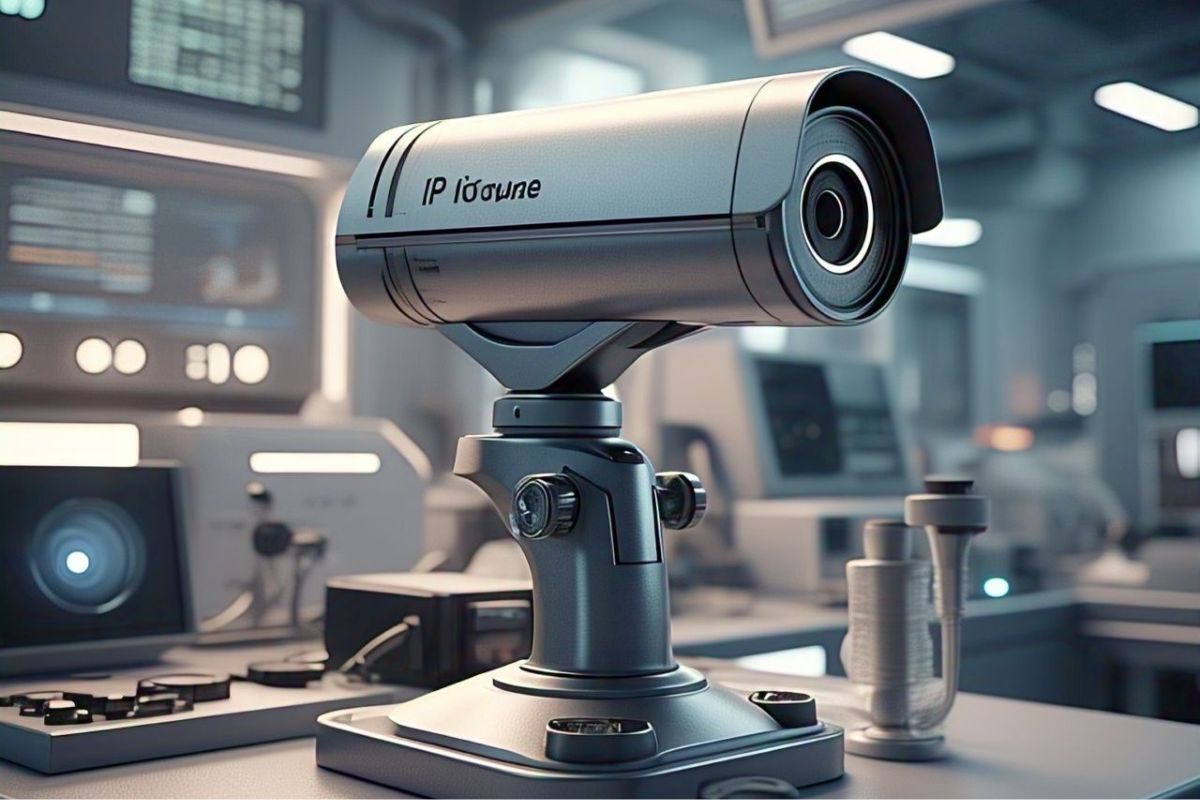
FAQs
1. What is the future of CCTV surveillance?
The future of CCTV surveillance lies in smarter, AI-powered systems that offer real-time alerts, facial recognition, cloud storage, and remote access. These advancements will make monitoring more proactive, efficient, and accessible across homes and businesses.
2. What are the advantages of IP CCTV cameras?
IP CCTV cameras provide higher resolution, remote viewing, better scalability, and smart features like motion detection and two-way audio. They can connect over Wi-Fi or Ethernet and often integrate with cloud platforms, offering more flexibility than traditional systems.
3. What will surveillance look like in the future?
Surveillance in the future will be fully integrated with smart home and business ecosystems. Expect AI-driven analytics, predictive threat detection, autonomous drones, and seamless mobile access that keeps users informed and in control from anywhere.
4. Is an IP camera better than traditional CCTV?
Yes, IP cameras are generally better than analog CCTV due to their superior video quality, remote access capabilities, and advanced features. They offer greater scalability and integration with modern digital systems, making them ideal for both residential and commercial use.



